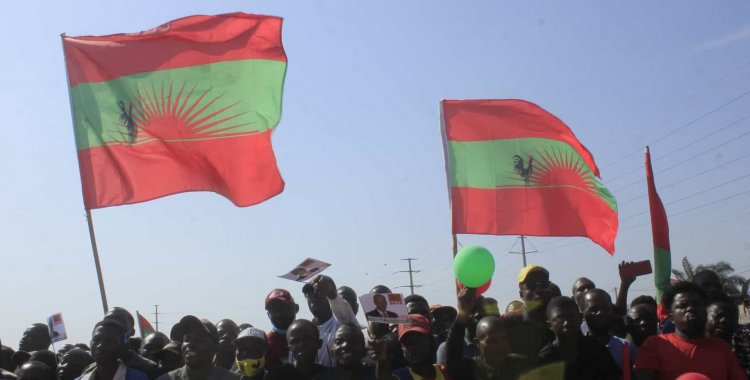The list of the National Union for the Total Independence of Angola (UNITA), in addition to the head of the list and president of the party, Adalberto da Costa Júnior, will include elements outside the party, such as Justino Pinto de Andrade, former president of the Democratic Bloc, and Abel Chivukuvuku, who was leader of UNITA, founded CASA-CE (third largest political force) and tried to create the new political project PRA-JA Servir Angola, which was successively made unfeasible by the Constitutional Court.
The Popular Movement for the Liberation of Angola (MPLA), headed by the current President of the Republic, João Lourenço, who is re-candidate for the post, was the first party to formalize its candidacy, followed by the CASA-CE coalition (which includes the parties PALMA, PPA, PNSA and PADDA-AP) last week, and this Monday the Patriotic Alliance of Angola, by Quintino Moreira.
The Humanist Angola Party, by Bela Malaquias, the most recent formation to be qualified to run for the election, is scheduled to be delivered on Thursday.
Of the parties with parliamentary seats, the date for the submission of candidacies to the National Front for the Liberation of Angola (FNLA), from Nimi to Simbi, and the Social Renovation Party (PRS), from Benedito Daniel, has not yet been announced.
Candidates in the general elections for the position of President of the Republic, Vice-President of the Republic and Member of the National Assembly can only be submitted by legally constituted parties and coalitions registered with the Constitutional Court.
For the national constituency, parties must present 130 effective candidates, and may present up to 45 alternates. For each provincial constituency, five effective candidates must be presented, with up to five substitutes being able to present.
Each of the 18 provinces represents a constituency, complemented by a national constituency, making up 19 constituencies in the country.







